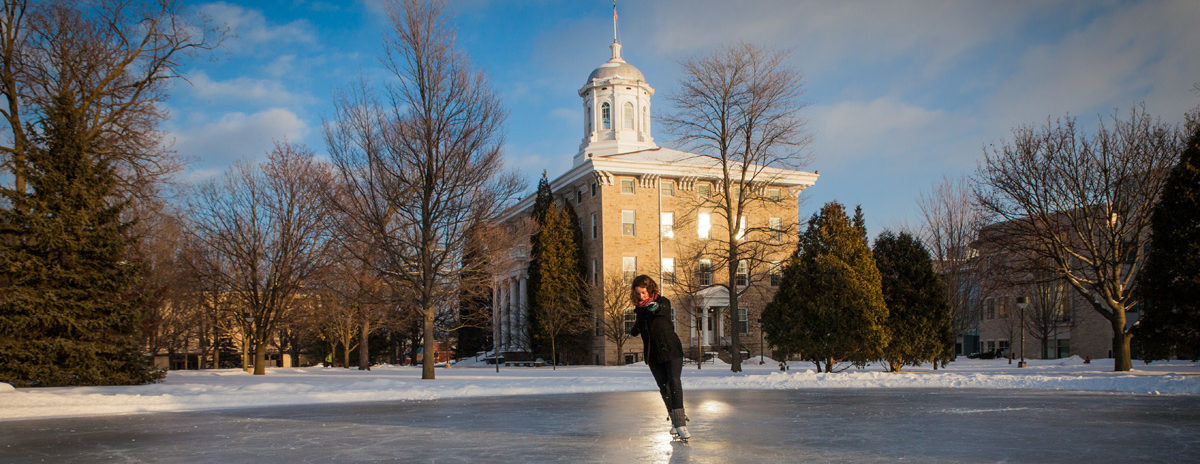Well, no…”the brat man” is not a naughty child, as one Lawrentian guessed.
In a survey of incoming Lawrentians, we asked simply (among many questions), “Have you ever heard of ‘the brat man?'” Whether you end up visiting the famous brat man during your time at Lawrence or not…we’re pretty sure you’ll know of him by the end of your first month on campus.
The statistics are pretty clear – by a margin of about two to one, you have not heard of the brat man…yet. Some of the more interesting answers were:
– As in the sausage that races at Miller park in Milwaukee?
– YES! Some hosts I met during admitted students weekend enthusiastically told me wild tales of the Brat Man!
– …I wouldn’t be surprised to learn that it was referencing my younger sisters!!
– no…is this a Wisconsin thing?
– Yes. And I am very excited to meet him.
– No…now I want to know…oh the suspense!
Well let’s end the suspense! For those of you who read the “Quirky Look At Lawrence” brochure, this will be a little repetitive. (If you haven’t seen the brochure, email me at mettillt@lawrence.edu and I’ll send you a pdf version right away!)
If you are not from Wisconsin, you might need some background. First of all, the word sounds like “lot”, not “fat”. Second–according to the good folks at Wisconsin’s premier brat maker, Johnsonville, we know that a brat is a “sausage with finely chopped seasoned pork.” (Brats have been called “Wisconsin’s soul food.”)
Even better–brats can regularly be found just steps away from campus–in a cart, no less. Like NYC’s infamous hot dog carts, we have the brat cart. You can find it usually late at night. (Many students have discovered that “brat runs” are a great study break.) We asked students if they have discovered the brat cart yet, and, if so, how often they visit the brat cart. About half of the respondents are huge fans of the brat cart and about half have not yet feasted on a College Avenue brat. Their responses:
“The Brat Man is awesome! It should be part of Welcome Week.”
“Some of my friends go… they dress up for the vendor.”
“Jay, the Brat Man, and I are on a first-name basis.”
“I go once a week with a group from Plantz Hall.”
“Mmmmm…so good…very often.”
“There’s a late-night brat cart?!?!”
“I don’t like brats. I’m from the West Coast!”
“Yes, I go at least once a week…simply amazing.”
“I go every week with the ‘Brat Run’.”
“He serves turkey chili as his only non-beef product.”
(This student is sadly misguided; we all know brats are PORK.)
As you can see…the brat man can be a great study break for those of you who are open to eating something defined as a “sausage with finely chopped seasoned pork.”

